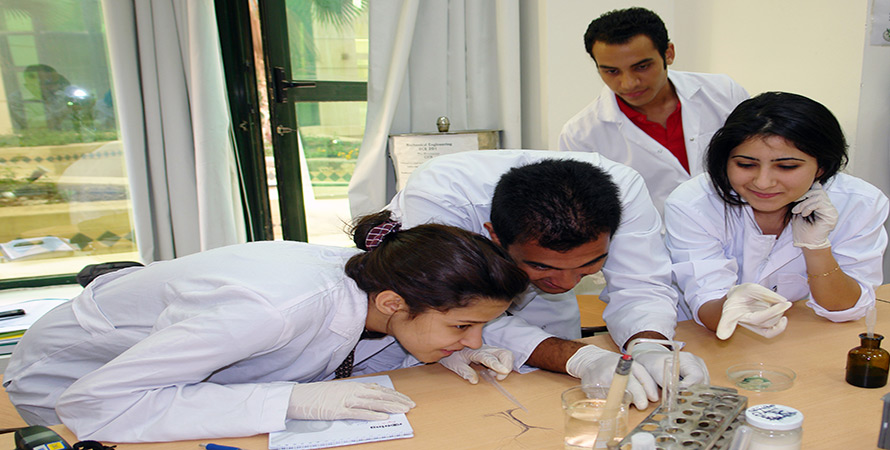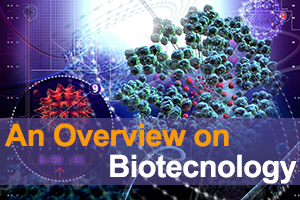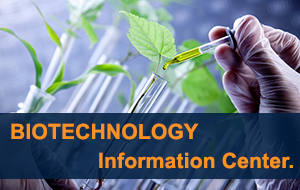Reasons to Join Faculty of BIOTECHNOLOGY

With the world population booming, and the subsequent demand for food and fuel, intelligent agriculture and a cleaner, greener environment are just some of the key global challenges facing us today. Biotechnology will provide you with the opportunity to enhance your research skills in using biological principles and systems to create new products, services and industries.
Biotechnology encompasses the pharmaceutical industry, including innovations in drug and vaccine design and regenerative medicine, as well as the biofuels industry and work in carbon sequestration and next-generation fuel production. Biotechnology will equip you with skills and knowledge that are very attractive to prospective employers.
A computer geek, a math nerd, a biology expert, all of them can have their concrete space in this field. A computer guy can delve into informatics in biology (to say the least), while a math geek can try his hand at bio statistics. I have seen instances where students who hate biology have taken a liking for it in the course of time. So no preconceived notions but a strong will to study would suffice.
Recombinant DNA technology is used for production of specific enzymes, which enhance the rate of production of particular range of antibodies in the organism. The hormones such as somatostatin, insulin and the human growth hormone can be synthesized easily and cheaply.
One of the best known applications of genetic engineering is that of the creation of genetically modified organisms (GMOs). Future applications of GMOs include bananas that produce human vaccines against infectious diseases such as Hepatitis B, fish that mature more quickly, fruit and nut trees that yield years earlier, and plants that produce new plastics with unique properties.
Defective genes in an organism cause genetic disorders. If a defective gene could be identified and located in a particular group of cells – it could be replaced with a functional one. The transgenic cells are then planted into the organism, resulting in a cure of the disorder.
DNA fingerprints are useful in several applications of human health care research, as well as in the justice system. DNA fingerprinting is used to diagnose inherited disorders in both prenatal and newborn babies in hospitals around the world. DNA fingerprint information can also help in developing cures for inherited disorders. DNA fingerprints helps to link suspects to biological evidence – blood or semen stains, hair, or items of clothing – found at the scene of a crime and help in solving crime.
Due to the revolutionary development of biotechnology during last couple of decades agriculture has drastically advanced. Sensational achievements were made in both plant cultivation and animal husbandry.
Improvement in disease control, efficiency of reproduction, yields of livestock products i.e. meat, milk, wool, eggs, composition of livestock products i.e. leaner meat, feed value of low quality feeds i.e. straw; are some of the applications of biotechnology.
One of the major scientific revolutions of the twentieth century was the breaking of the genetic code and the development of tools that enable scientists to probe the molecules of life with incredible precision. Now, in the twenty-first century, these developments in biology are being married with the use of ever-increasing computer power to help us face the challenges that the new century brings. Bioinformatics is the name given to the new discipline that has emerged at the interface of biology and computing.
From new drugs that address our medical needs and fight epidemics and rare diseases, to industrial processes that use renewable feedstock instead of crude oil to lower the impact on the environment and crops that are able to grow in harsh climatic conditions and ensure safe and affordable food, biotech can and will pay economic, social and environmental dividends.
There any many examples include the production of gasoline from ethanol which in turn is produced from sugar; the production of insulin using recombinant DNA technology; the production of hepatitis B vaccine using recombinant DNA technology and the extraction of copper using mineral leaching bacteria. The alternative inputs are oil for gasoline, porcine prancreases for insulin, human blood for hepatitis vaccine, and the conventional mining techniques for copper.
A wide variety of microorganisms are now being employed as tools in biotechnology to produce useful products or services. Raw materials can be converted to useful finished products both by ordinary chemical processes and by biological means. Generally, the costs of chemical conversion are quite high as the reactions require high temperature or pressure. In contrast, biological alternatives, using microbes or cultured animal or plant cells, operate at physiologically normal conditions of temperature, pressure, pH, etc..
In future biotechnology will be accredited for some revolutionary technology. Recent advances in bioenergy, bioremediation, synthetic biology, DNA computers, virtual cell, genomics, proteomics, bioinformatics and bio-nanotechnology have made biotechnology even more powerful. Recent discovery of conduction of electricity by DNA and its behavior as a superconductor has opened a new realm in modern science. In future biotechnology will have profound impact in world economy. Biotechnology is a golden tool to solve some of the key global problems like global epidemic, fatal diseases, global warming, rising petroleum fuel crisis and above all poverty.





